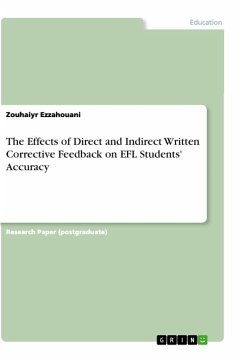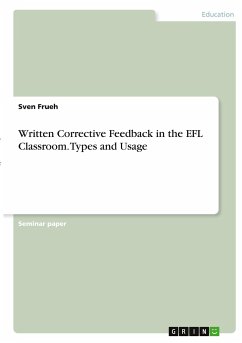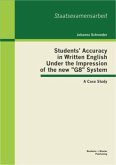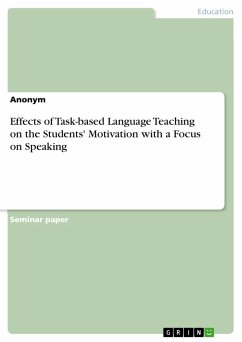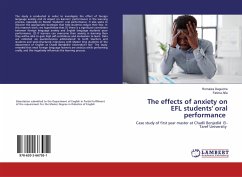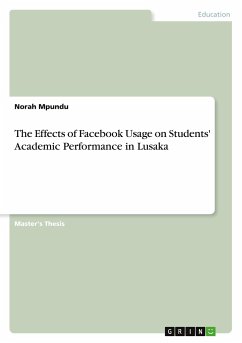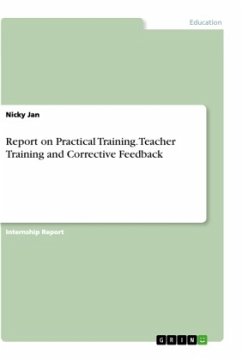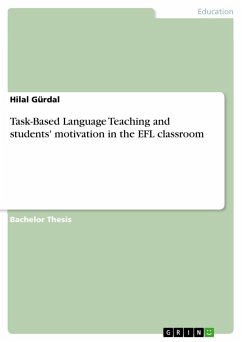Research Paper (postgraduate) from the year 2018 in the subject Didactics for the subject English - Pedagogy, Literature Studies, Sultan Moulay Sliman University, language: English, abstract: The study in this research paper longitudinally examines the effectiveness of direct written Corrective Feedback (CF), with written meta-linguistic explanation, and indirect coded written CF in helping EFL students to improve their writing accuracy regarding the use of past simple and present perfect tenses. 38 intermediate EFL students at Sultan Moulay Slimane University in Beni Mellal, Morocco, participated in the study. They underwent a pre-test and an immediate post-test (the treatment) over a period of two weeks. During this period, the participants were divided into three groups; the first group received direct CF, with written meta-linguistic explanation; the second group received indirect coded CF while the third group was a control group; therefore, it did not receive any feedback. The first question of the study found that written CF was effective since the treatment groups outperformed the control group in the post-test with a mean difference of (MD= 2,01%). The second question of the study, in turn, revealed that indirect coded CF was more effective than direct CF accompanied with written meta-linguistic explanation. The indirect CF group exceeded the one received direct CF in the post test with a mean difference of (MD= 3,9%). Due to time constraints, it was not possible to administer a delayed post-test. Therefore, an interview was held with four participants from the experimental groups to support the findings of the second research question. The interview revealed that indirect coded CF provokes students' problem-solving skills. Therefore, the participants believe that this type of feedback is likely to be retained for future situations. Based on these findings, some recommendations were suggested at the end of the fourth chapter.

